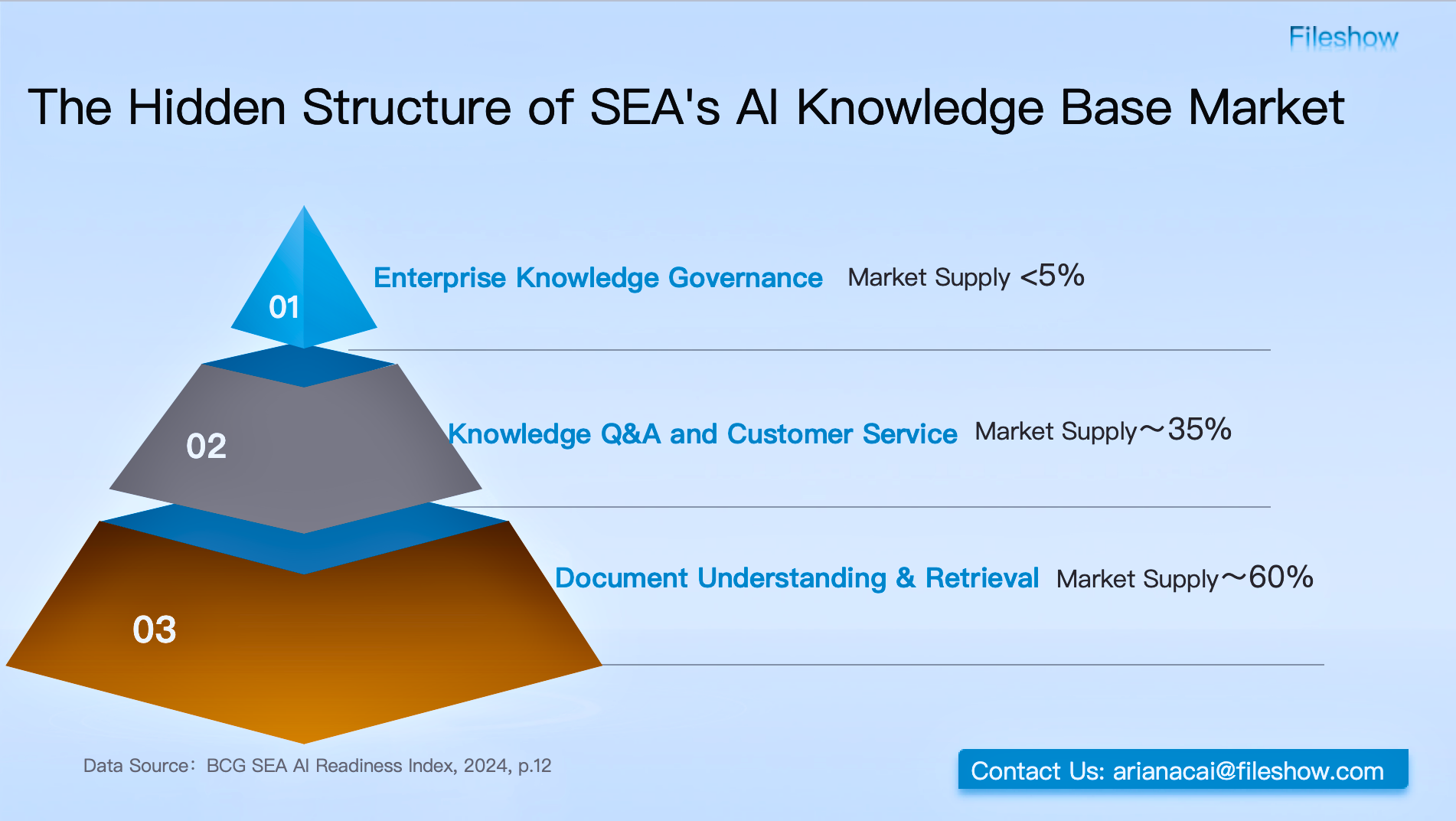From Local Storage to Cloud Collaboration

In the digital transformation of enterprises, the management of files and data is undergoing profound changes.
Traditional local storage models increasingly reveal limitations: dispersed files, inefficient collaboration, and vulnerability to data loss.
These constraints fall short of meeting the demands of modern enterprises for efficiency, cross-regional operations, and multi-user collaboration.
Consequently, transitioning from local storage to cloud-based collaboration has become an inevitable step in upgrading enterprise data management.
Initially, businesses relied on physical devices like local hard drives, USB drives, and NAS for data storage.
While simple to deploy and cost-effective, this approach carries significant risks.
Hardware failures or staff turnover can lead to irreversible data loss or poor handover processes.
As business scales grow, manual organization and sharing of resources become inefficient, and information silos grow increasingly severe.
To enhance security and sharing efficiency, many companies have turned to internal LAN-based shared drives for limited-range collaboration.
Yet such systems depend heavily on local networks, failing to support remote work or cross-regional access while struggling to accommodate rising demands for mobile operations.
More critically, coarse-grained permission controls make it difficult to prevent sensitive data from accidental leakage or deletion.
Against this backdrop, cloud collaboration emerged as the solution. Tools like enterprise cloud drives enable centralized data management, multi-device synchronization, automated backups, and granular access controls—dramatically boosting the efficiency and security of data workflows.
Employees can access, edit, and share resources in real time from anywhere, unbound by devices or locations.
Managers gain clear visibility into file access, modifications, and downloads, ensuring data remains controlled throughout collaborative processes.
Going further, cloud platforms integrate automated workflows to streamline document classification, version management, and update notifications—reducing human error and redundant tasks.
Paired with intelligent search capabilities, employees can instantly locate required files, significantly accelerating information retrieval and knowledge reuse. This shift from “unsearchable” to “instantly accessible” marks a qualitative leap in enterprise data governance capabilities.
"Fileshow Enterprise Cloud Drive" serves as a pivotal enabler for this upgrade path, supporting seamless transitions from local storage to cloud collaboration.
It delivers highly reliable data storage while enabling multi-tiered permission settings, version history management, smart search, and real-time synchronization.
By deploying Fileshow, businesses build an efficient, secure, and sustainable data management ecosystem. Choose Fileshow to accelerate your enterprise data management into the fast lane of intelligent collaboration.

